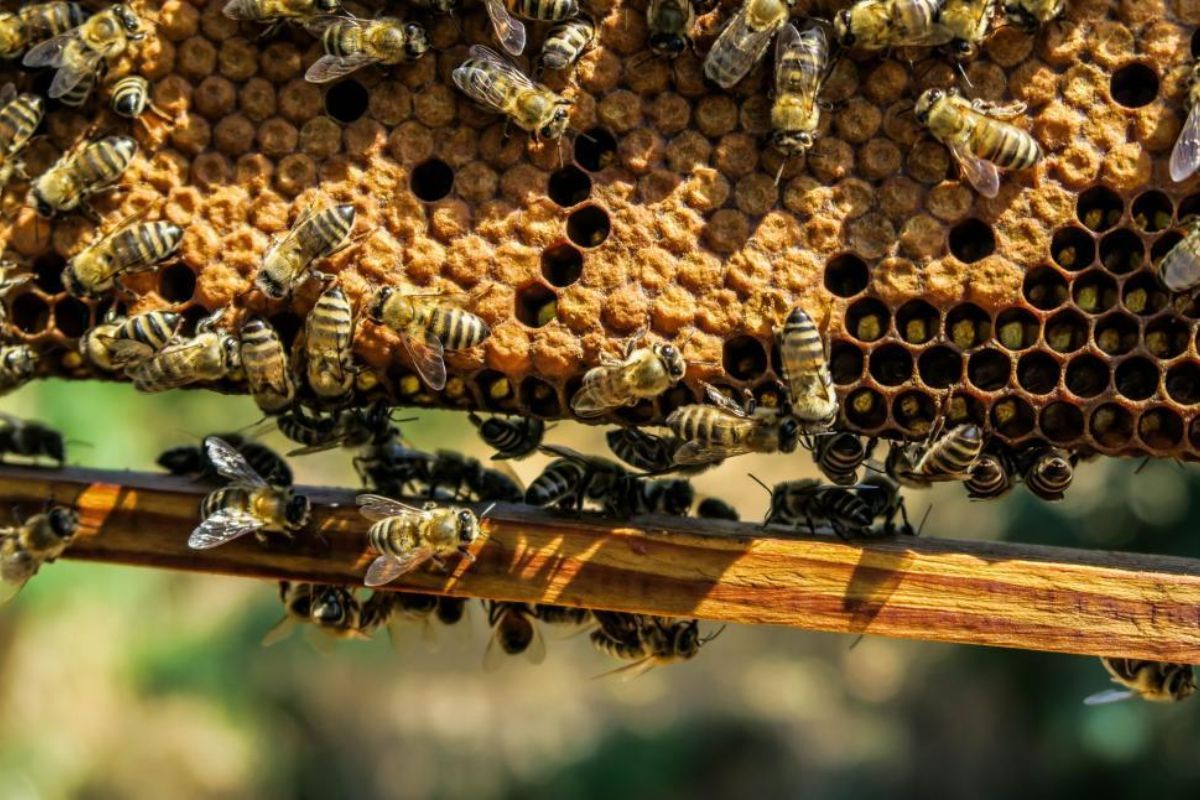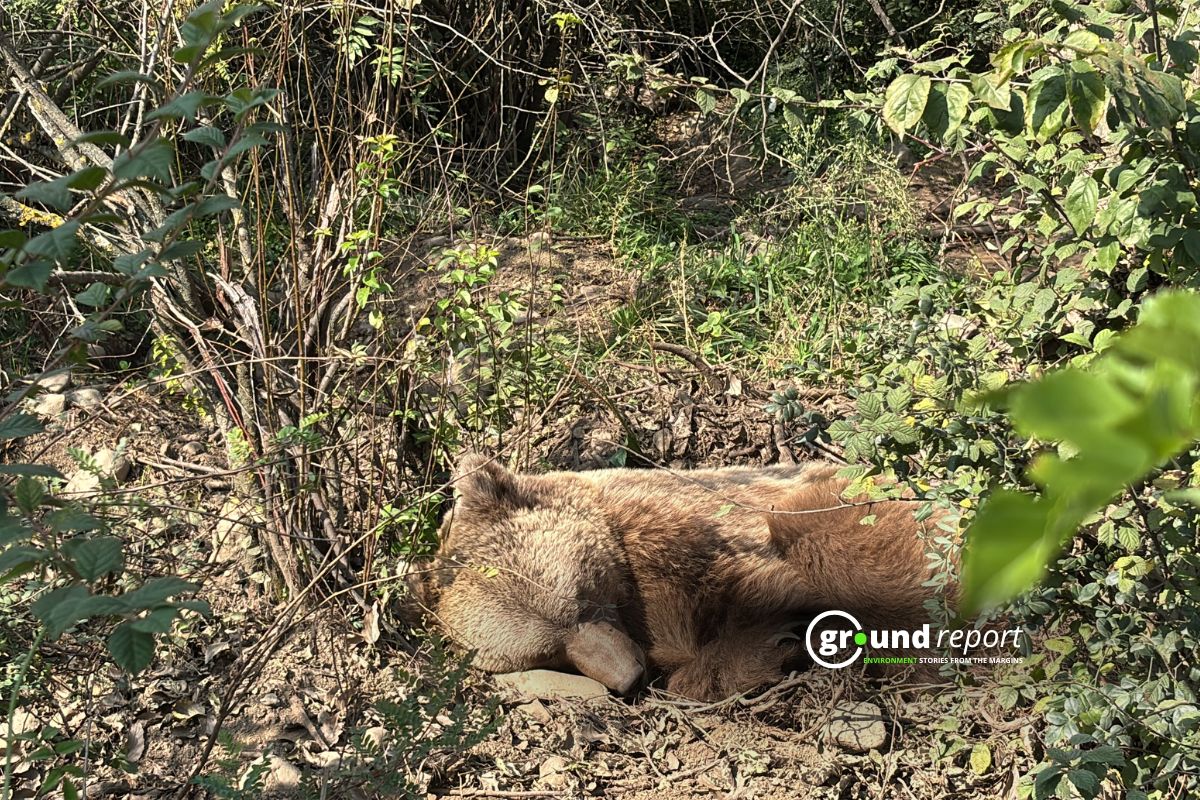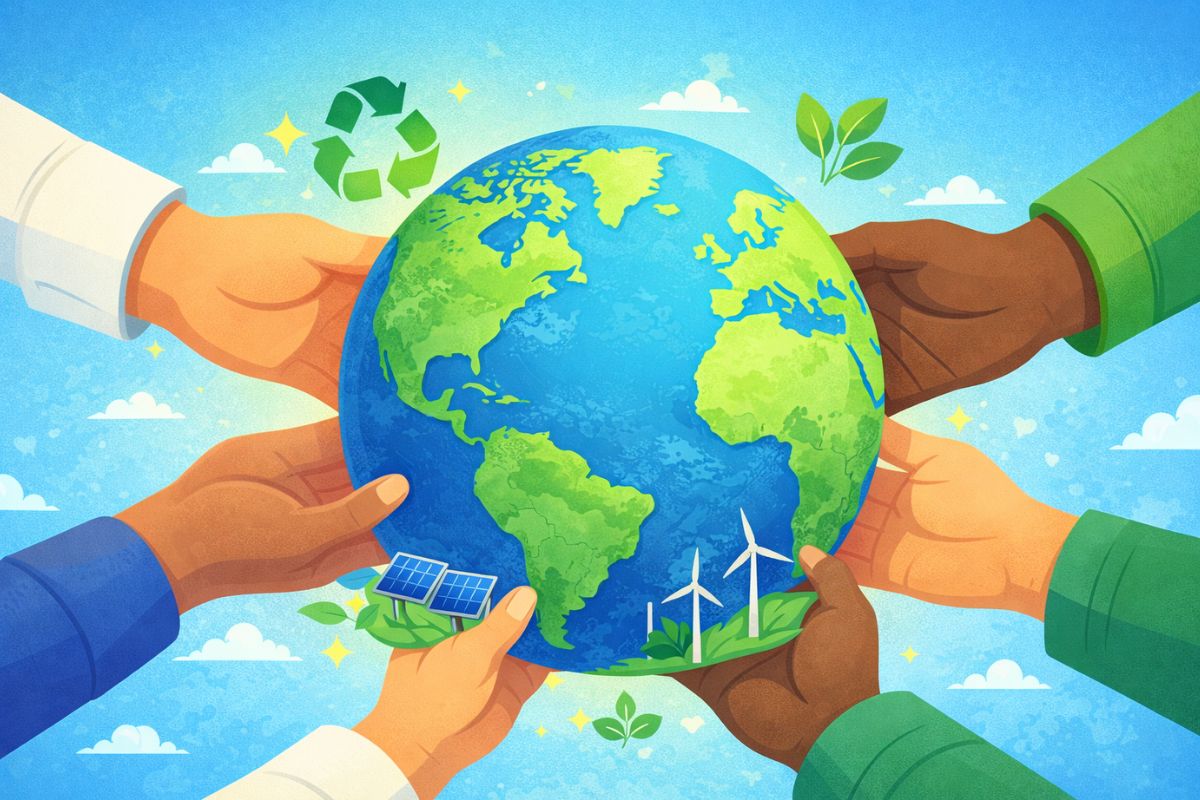Today is World Bee Day, an annual event designated by the United Nations to raise awareness about the vital role of bees and pollinators in our ecosystems and food supply. This year’s theme, “Bee Engaged with Youth,” emphasizes involving younger generations in beekeeping and conservation efforts.
Pollinators are crucial. The United Nations reports that about 90% of wild flowering plants rely on animal pollination, as do over 75% of food crops and 35% of agricultural land. Bees, butterflies, bats, and hummingbirds are crucial for this process.
These species are facing unprecedented threats due to human activities. The current species extinction rates are 100 to 1,000 times higher than normal. About 35% of invertebrate pollinators like bees and butterflies, and 17% of vertebrate pollinators such as bats, are facing extinction.
“Pollinators are crucial for ecosystems and food security,” said Qu Dongyu, Director-General of the Food and Agriculture Organization (FAO). “Engaging youth in beekeeping and conservation efforts can ensure future generations understand the importance of protecting these species.”
Pollinator decline has severe consequences. If current trends continue, nutritious crops like fruits, nuts, and vegetables could be replaced by staple crops like rice, corn, and potatoes. This could lead to an imbalanced diet and potential food shortages, especially in developing countries.
Intensive farming, land-use changes, monoculture farming, pesticide use, and climate change are primary threats to bee populations and food quality.
The Convention on Biological Diversity has prioritized the conservation and sustainable use of pollinators in recognition of the pollination crisis and its links to biodiversity and human livelihoods. The International Pollinator Initiative (IPI), established in 2000, aims to monitor pollinator decline, address the lack of taxonomic information on pollinators, assess the economic value of pollination, and protect pollinator diversity.
The FAO coordinates the IPI and provides technical assistance to countries on queen breeding, artificial insemination, sustainable honey production, and export marketing.
As we celebrate World Bee Day 2024, we must all take action to protect these vital pollinators. By supporting sustainable agriculture, reducing pesticide use, preserving natural habitats, and involving youth in conservation, we can ensure a future where bees and other pollinators continue to play their essential role in our ecosystems and food systems.
Keep Reading
Part 1: Cloudburst in Ganderbal’s Padabal village & unfulfilled promises
India braces for intense 2024 monsoon amid recent deadly weather trends
Support us to keep independent environmental journalism alive in India.
Follow Ground Report on X, Instagram and Facebook for environmental and underreported stories from the margins. Give us feedback on our email id greport2018@gmail.com.
Don’t forget to Subscribe to our weekly newsletter, Join our community on WhatsApp, and Follow our YouTube Channel for video stories.








